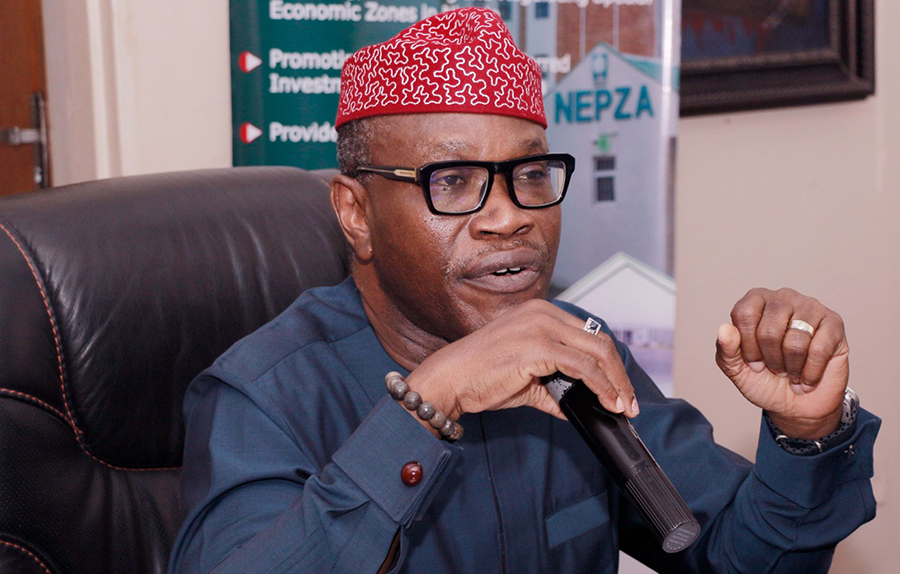- NEPZA has attracted $346.6 million in Foreign Direct Investments (FDI) through the free trade zones scheme between 2020 and the first quarter of 2023.
- Additionally, NEPZA has attracted N360.7 billion in local direct investments to the Nigerian economy during the same period.
- NEPZA is working on a proposal with the Central Bank of Nigeria (CBN) to establish a bank to administer operations and transactions at the free trade zones, aiming to drive a robust free trade zones operation in Nigeria.
Nigeria’s Export Processing Zones Authority (NEPZA) has announced a significant milestone in attracting Foreign Direct Investments (FDI) to the country.
According to NEPZA’s Managing Director, Prof. Adesoji Adesugba, the organization has successfully secured a total of $346.6 million in FDI through the free trade zones scheme, from 2020 to the first quarter of 2023.
The announcement came during a conference with the Commerce and Industry Correspondent Association of Nigeria (CICAN) in Abuja, where NEPZA highlighted its achievements in fostering economic growth and encouraging international investments in Nigeria.
He added that the zones have had 30,741 jobs since 2020.
FDI
According to Adesugba, between 2020 to the first quarter of 2023, NEPZA also attracted N360.7 billion local direct investments to the Nigerian economy during the same period.
He added that an FDI of $346.6 million, generating generated 30,741 jobs from 2020 to the first quarter of 2023, with skills transfer within the 39 months period at 8,157.
Zones
The NEPZA boss added that of the 55 free trade zones in the country, only 30 are functional while others are being refurbished or constructed for operations, citing that FG can do more by providing an enabling environment for trade zones to boost the economy, adding:
- “So far we have 541 enterprises operating in the free trade zones but we need to be more aggressive in making Nigeria’s free trade zones more enterprising as the target is to have at least 10,000 free trade zones.
- “Ogun and Delta are already leading the way. This is very important because these zones not only serve Nigeria but also the African continent with over 70,000 jobs being created,” he said.
Banking
He also noted that the NEPZA and the Central Bank of Nigeria (CBN) are working on a proposal to have a bank administering the operations and transactions at the free trade zones, and also drive a robust free trade zones operation in Nigeria by liaising with the Nigerian Stock Exchange.
FDI in the last administration
Nigeria under President Buhari attracted the least foreign investment in comparison to the previous administration, with a total of $89.4 billion compared to $98 billion.
The decline in foreign investment can be attributed to Nigeria’s challenging business environment, including high budget deficits, capital controls, corruption, insecurity, and a fall in oil prices.
Foreign investors have preferred debt over equity-linked investments in Nigeria’s economy, resulting in significant public debt from external sources and implications for economic growth and development.
